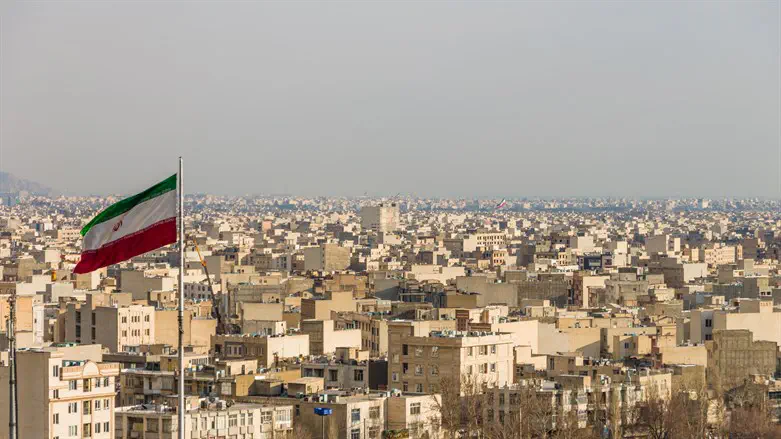The United States Department of the Treasury announced on Thursday that it has imposed sanctions on 18 individuals and entities connected to the Iranian regime’s efforts to bypass international sanctions and fund illicit activities. The sanctions, carried out by the Office of Foreign Assets Control (OFAC), target actors involved in financial, banking, and surveillance operations.
According to the Treasury, Iran has devised complex schemes to circumvent sanctions and protect revenue streams, especially from illicit petroleum sales. These funds, the Department stated, help sustain the regime’s network of proxies and internal repression.
“As a result of President Trump’s maximum pressure campaign and increasing isolation from the global financial system, the Iranian regime is running out of places to hide,” said Secretary of the Treasury Scott Bessent. “Treasury will continue to disrupt Iran’s schemes aimed at evading our sanctions, block its access to revenue, and starve its weapons programs of capital.”
The sanctions are being issued under Executive Order 13902 and in line with National Security Presidential Memorandum 2.
Among those designated is the RUNC Exchange System Company, also known as RUNC International Banking Solutions. The firm developed Iran’s Cross-Border Interbank Messaging System (CIMS), a payment platform designed to shield the regime’s financial transactions from oversight and enable cooperation with foreign financial partners, including the Chinese Bank of Kunlun, which is already under US sanctions. RUNC’s senior leadership, including Managing Director Ali Morteza Birang, Vice Chairman Mohammad Shafipour, and Chairman Seyyed Mahmoud Reza Sajjadi, were also blacklisted for their roles in operating and overseeing the company.
Also sanctioned is Cyrus Offshore Bank, established in the Kish Free Zone with the specific intent of evading sanctions. The Treasury said that the Iranian Supreme Council for National Security authorized the establishment of the bank in 2021, and that it is secretly controlled by the sanctioned Parsian Bank. The bank reportedly played a role in routing proceeds from oil sales to the Islamic Revolutionary Guard Corps (IRGC), and conducted covert transactions with the Bank of Kunlun. Cyrus Bank executives Hadi Nouri, Alireza Fatahinojokambari, and Adel Berjisian were also designated.
Pasargad Arian Information and Communication Technology Company (FANAP), a software and IT company linked to Pasargad Bank, was designated for developing technologies used in Iran’s banking sector as well as surveillance systems allegedly deployed by the regime. The Treasury noted FANAP’s involvement with the Ministry of Intelligence and Security and the IRGC, stating that it supports the regime’s intranet, the National Information Network, and other tools used to monitor and repress dissent, including facial recognition software operated by the Morality Police. FANAP director Shahab Javanmardi was also sanctioned, along with several of the company’s subsidiaries.
As a result of the designations, all property and interests belonging to the targeted individuals and entities that are within the United States or under the control of US persons are now blocked. US persons are generally barred from conducting transactions with the designated parties, and foreign financial institutions that engage in certain activities involving them may also face sanctions.
The Treasury emphasized that the purpose of the sanctions is to bring about a change in behavior, not simply to impose penalties, and provided guidance for those seeking removal from the sanctions list.
